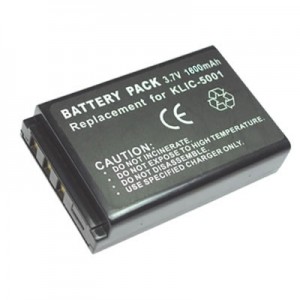Lithium Batteries – Get in the know
Lithium batteries are considered hazardous in nature due to the fact they can overheat and ignite in certain circumstances. The export of lithium batteries was first put under scrutiny in 2009 and the safety of such batteries has been called into question on numerous occasions following several serious fire incidents during transport. In view of this, new legislation was passed and in January 2010 came into effect, to cover the global air, ocean and road movement of Lithium ion and lithium metal batteries.
Lithium ion batteries (including lithium polymer batteries) are used in consumer products such as;
 Laptops
Laptops- Mobile Phones
- MP3 Players
- Portable DVD players
- GPS/Navigation systems
- Cameras
- Camcorders
- Scuba-diving lamps
- Power tools, etc
- Watches
- Thermometers
- Calculators
- Remote car locks
- Back-up batteries in computers and communication equipment
- Life jacket lights
![]() The full IATA (International Air Transport Association) can be opened here >>> Guidance-Document-on-the-Transport-of-Li-Batt-2012-V1 1
The full IATA (International Air Transport Association) can be opened here >>> Guidance-Document-on-the-Transport-of-Li-Batt-2012-V1 1
Soton Freight on Facebook
Unable to display Facebook posts.
Show error
Type: OAuthException
Code: 200
Please refer to our Error Message Reference.

